A seminar theming the Reform of Advertising Industry in the Context of Artificial Intelligence was held by SJC to explore the future of the advertising industry and to provide ideas for theoretical research and teaching on Oct. 22.
The seminar convened scholars with profound experience and fruitful achievements in the field of advertising industry research, as well as explorers in intelligent advertising.
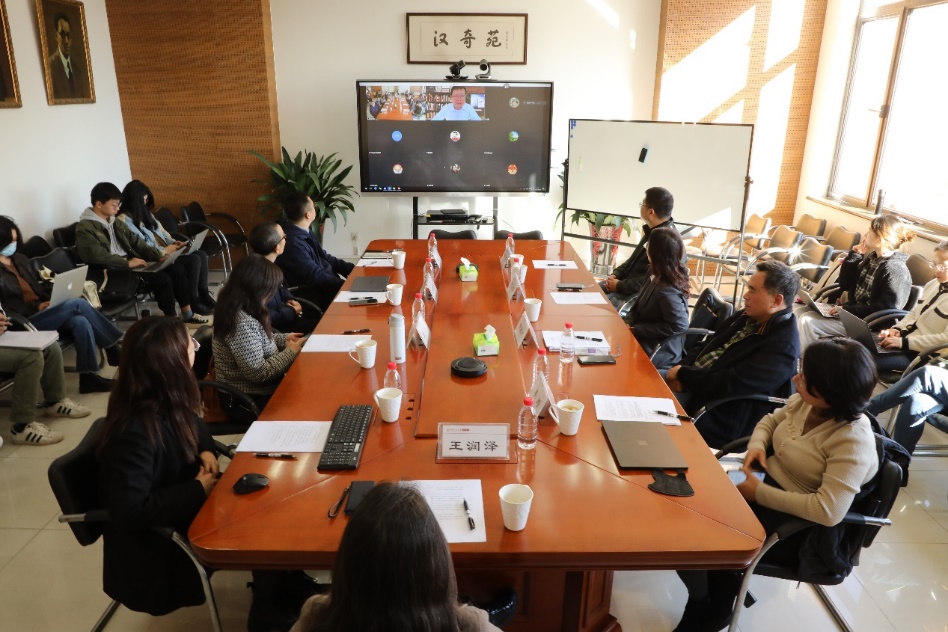
Zhou Yong, Executive Dean of the SJC, welcomed the scholars and experts. He introduced the SJC's efforts to expand disciplinary boundaries with the university's support, taking the case of interdisciplinary integration between the SJC and other schools of the University. Wang Runze, the deputy dean, said the SJC has the merit of keeping pace with the times as the development of the discipline has always been deeply interacting with the social context.
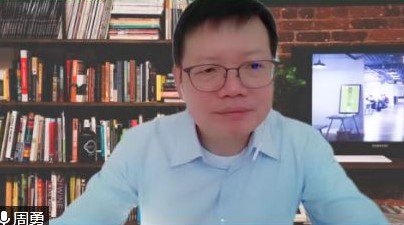
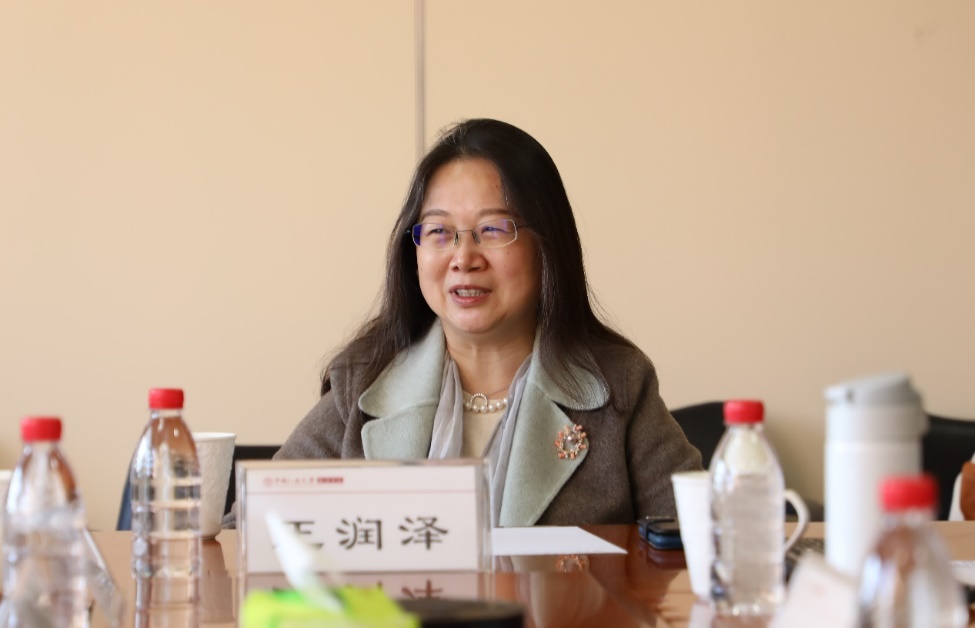
Associate professor Wang Fei said only by discussing the changes of advertising from the industrial level can we understand its general development and carry on theoretical innovation, as advertising is reorganizing resources with its related industries like manufacturing, consumption, Internet, media, and agency service.
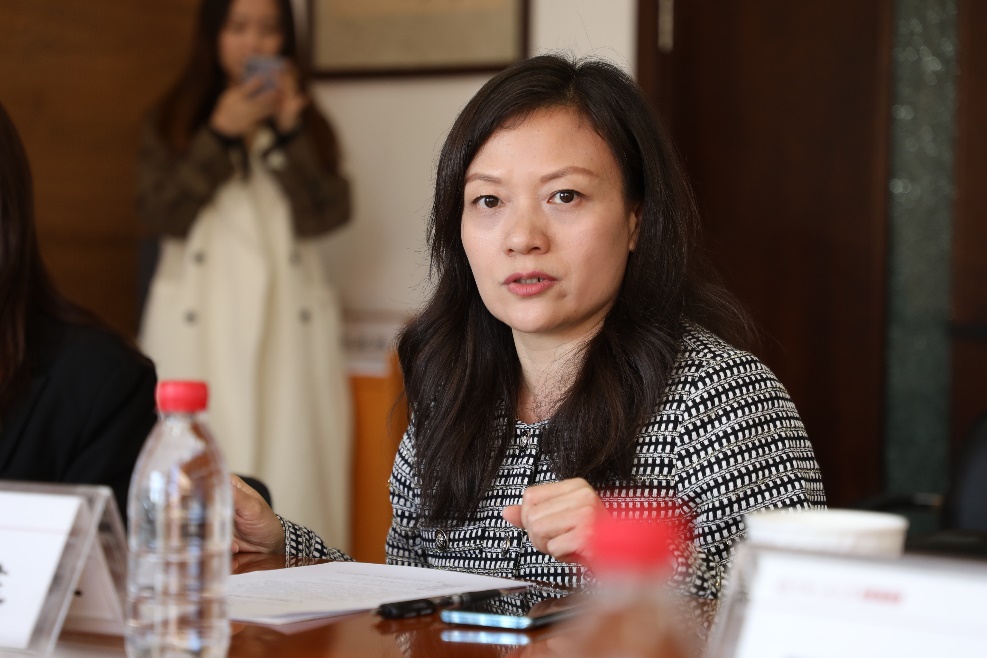
The topic of upcoming all-media giants spawned by the era of intelligent media convergence was brought up by Huang Shengmin, senior professor of Communication University of China and editor-in-chief of Media. Starting from the 2021 special issues of Media, he said the giant had intelligent algorithms for its brain, content for the heart, service, and application for the limb, network, and terminals for muscle and bone, and big data for the blood. The orderly and efficient operation of all parts eventually formed an all-media giant with omnidirectional extension.
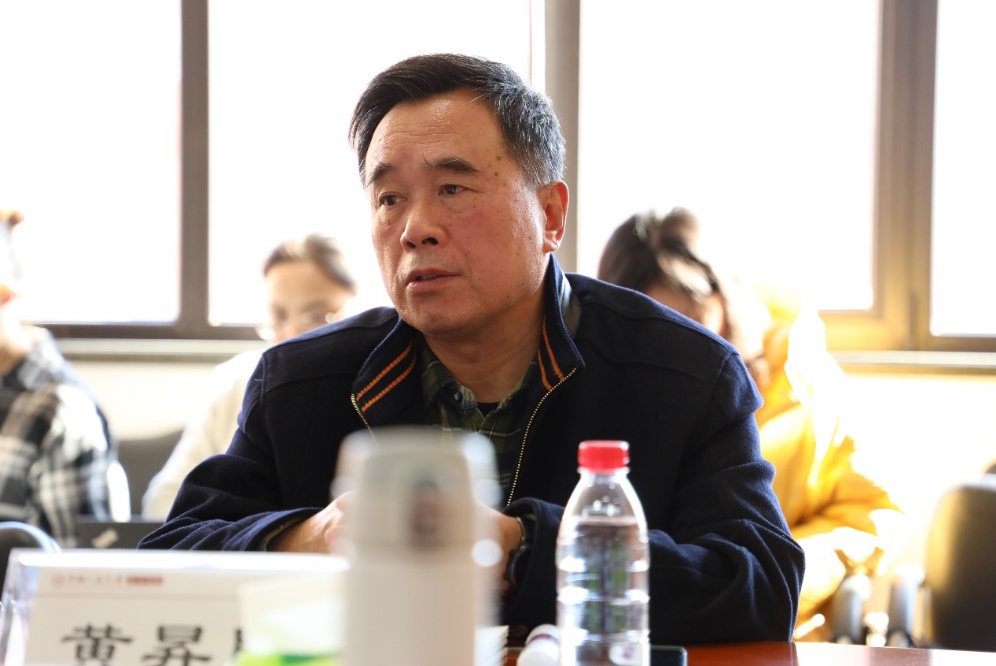
Yao Xi, professor at Wuhan University and chief editor of Journalism and Communication Review, explained the underlying infrastructure of China’s advertising industry from demand. No matter how the times change, he said, demand is always the source of development. The expanding market demand for advertising has become the driving force of the industry.
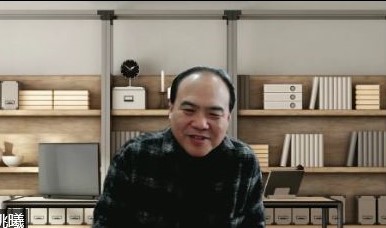
Chen Gang from Peking University explained the deployment of digitalization and proposed its significance in driving overall development. He said digital marketing had great potential as artificial intelligence would be more deeply involved in its process. Artificial intelligence, using digital analysis, algorithms, computing power, and others, would play a greater role in advertising, publishing, as well as the creative communication management of advertisers.
Han Zeqian, Byte Dance’s head of the Commercial Advertising Strategy from the Ocean Engine, proposed that the advertising industry should maximize its efficiency, where technology is the decisive factor, in monetizing users' attention into both customer and commercial value. He described three changes the Ocean Engine had observed regarding customer needs.
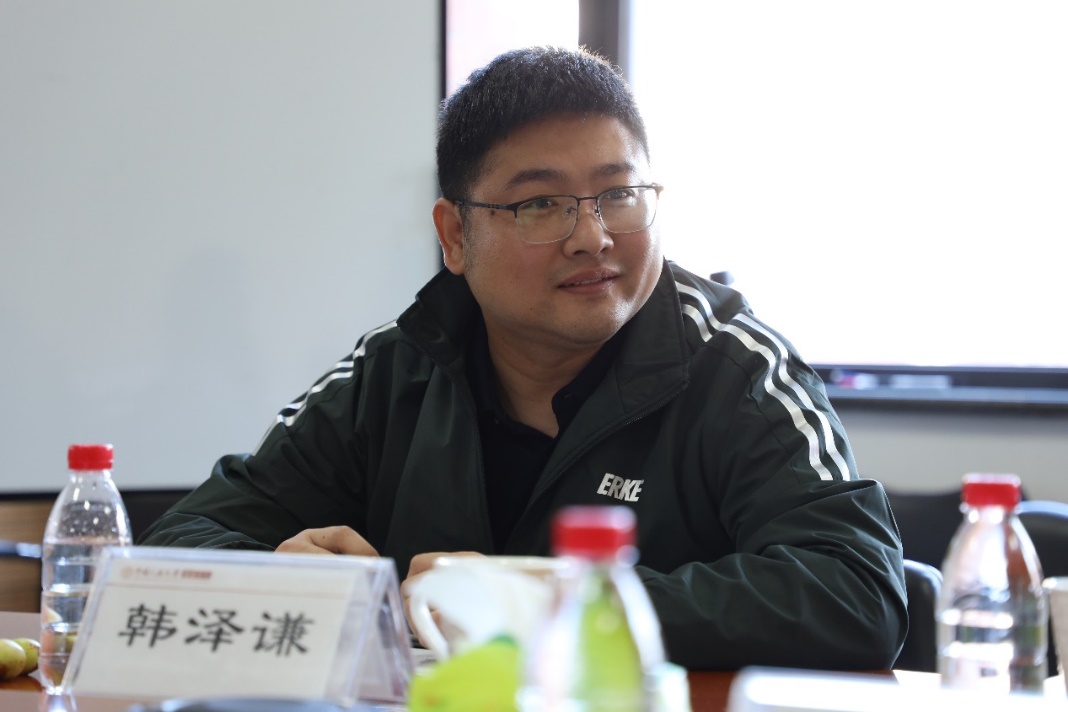
Zhao Yijun, senior vice president of Hylink Digital Solutions Co., Ltd, analyzed the flaws in the practice of intelligent advertising, and the factors restricting its development. Zhao said the industry is short of talents in intelligent marketing, including those with skills in basic marketing and data insight. Platforms, advertisers, and advertising agencies should collaborate with academia to connect talent training with the needs of the industry.
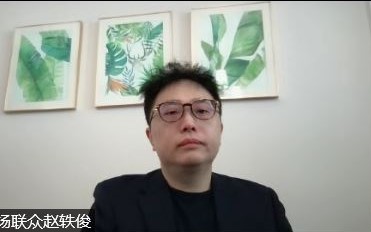
Li Qi from Baidu's commercial products department said the impetus for changes in intelligent marketing is being personalized and service-oriented. Taking the AI-driven Baidu intelligent innovative marketing as an example, she explains the intelligent marketing field of AI-assisted brands from five perspectives: scene, communication, insight, delivery, and intelligent service. Intelligent search and intelligent recommendation create a more personalized and service-oriented mobile ecosystem and provide a more stable and efficient brand experience.
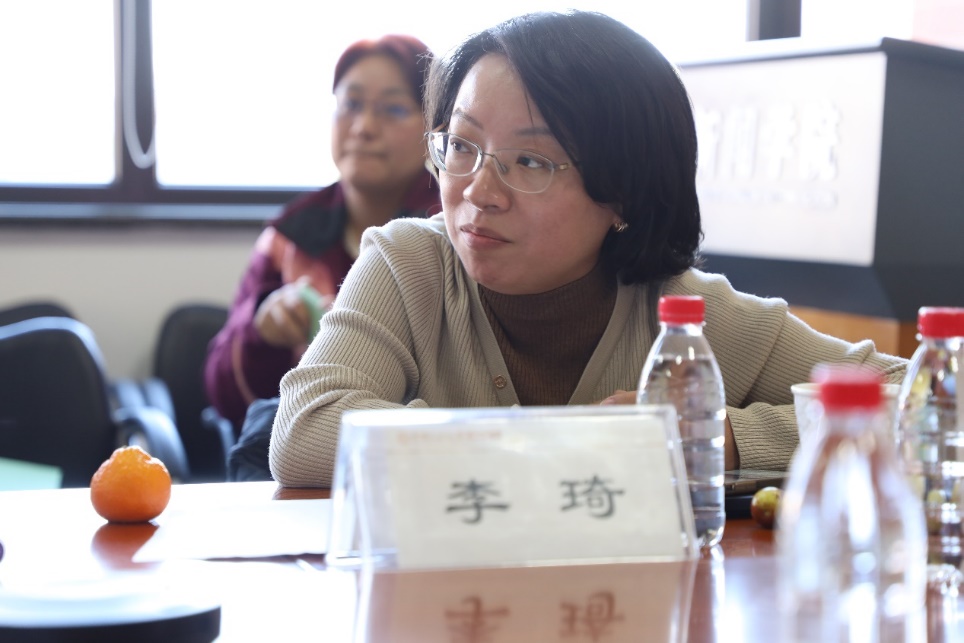
Wang Fei put forward a thinking framework for the research of advertising industry reform from the perspective of technological and economic paradigm change. She explained the profound changes taking place in the industry and the challenges faced by policy regulation respectively from the macro-level of industrial ecological evolution, the medium level of industrial structure reconstruction, and the micro-level of organizational behavior reconstruction. She proposed that institutional innovation should be adopted for expanding industry boundary and innovating the business model, thus reconstructing the regulation paradigm of "subject – behavior – responsibility".
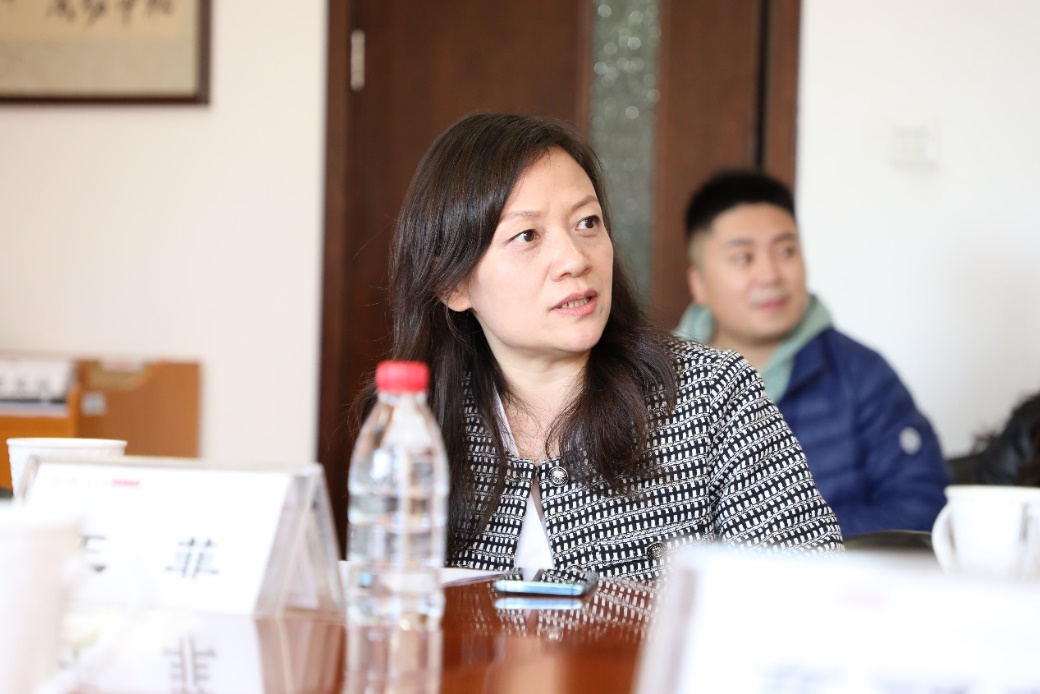
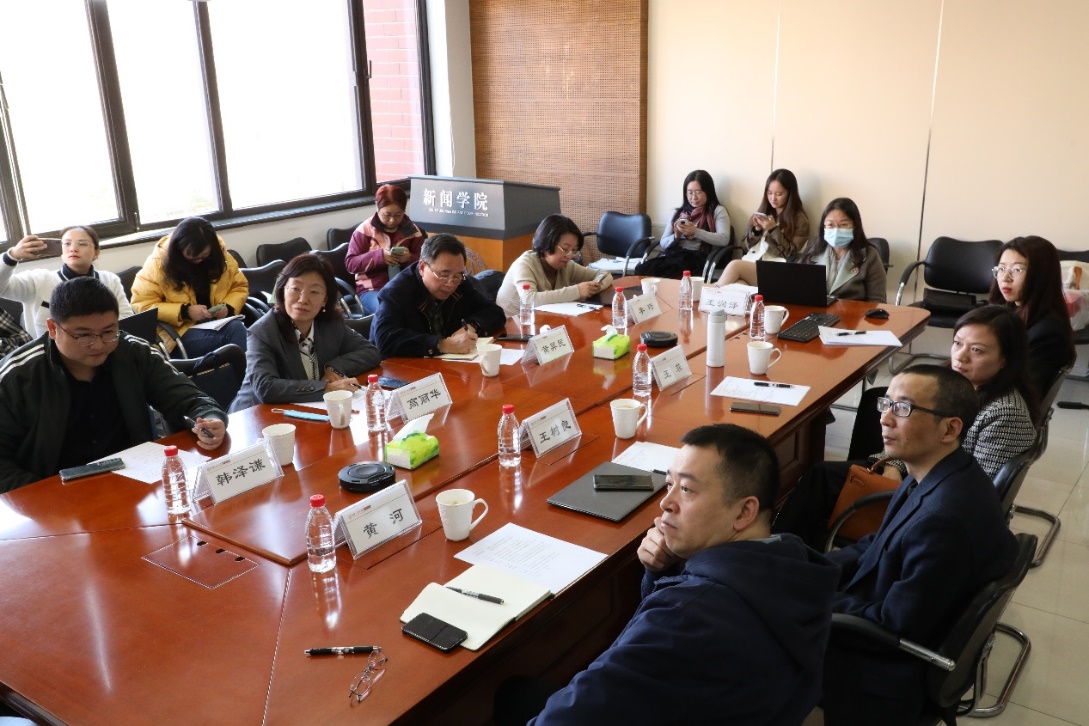
The In-depth seminars of academic discourse innovation system in Journalism and Communication are initiated by the SJC, focusing on key issues in the field and aiming to drive the innovation of teaching and scientific research with the collective brainpower of the experts. Since 2018, SJC has continued to launch a series of small-scale in-depth seminars, with each one focusing on a specific theme and inviting experts of all fields to have in-depth exchanges of views.
Author: Xu Chuqi
Photo by: Zeng Yi
Editor: Wen Yingying, Shao Yucheng,Wang Daosheng
Translator: Xu Yiwen



